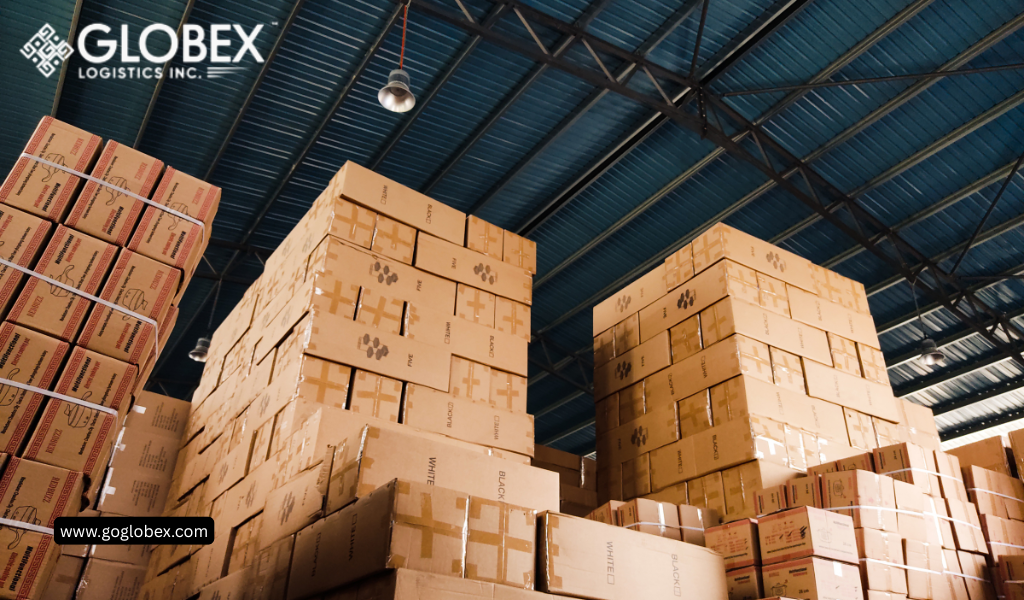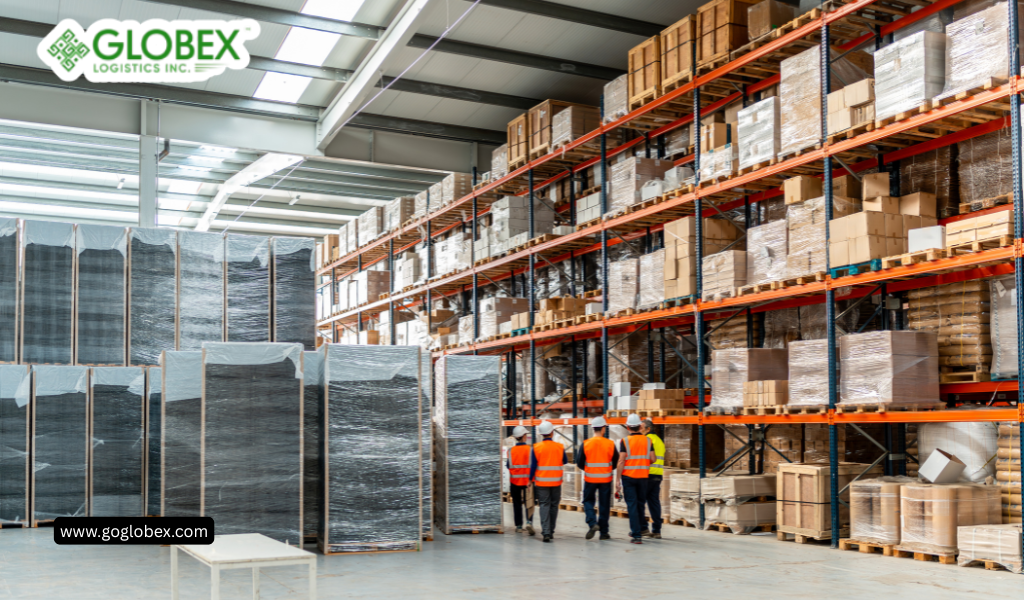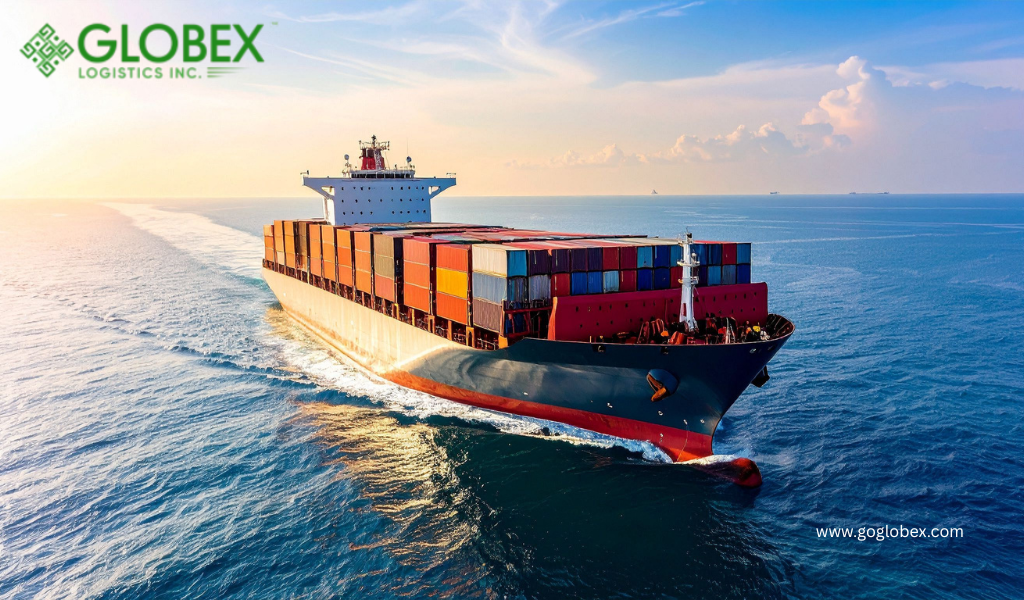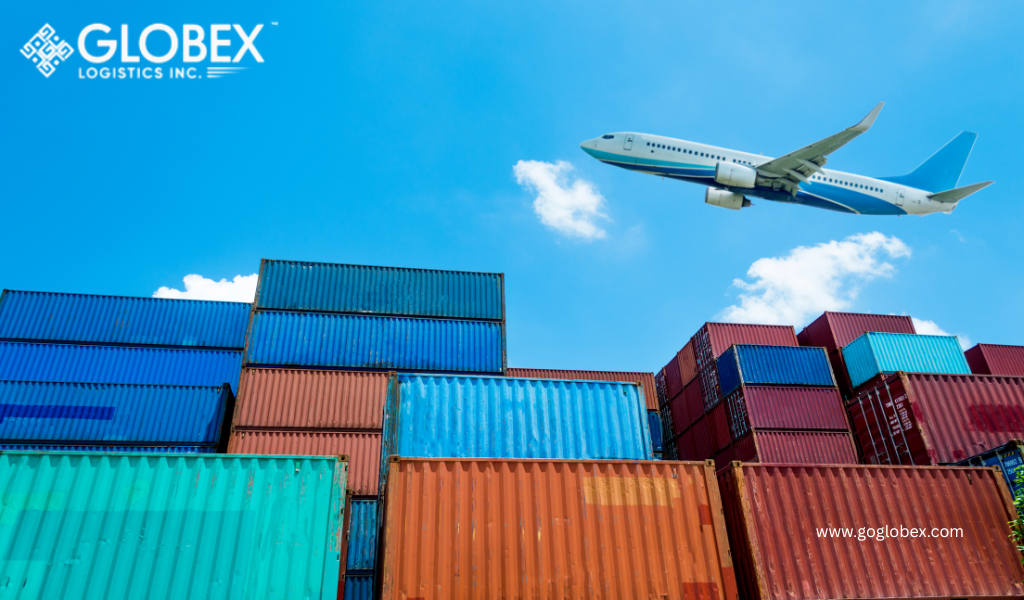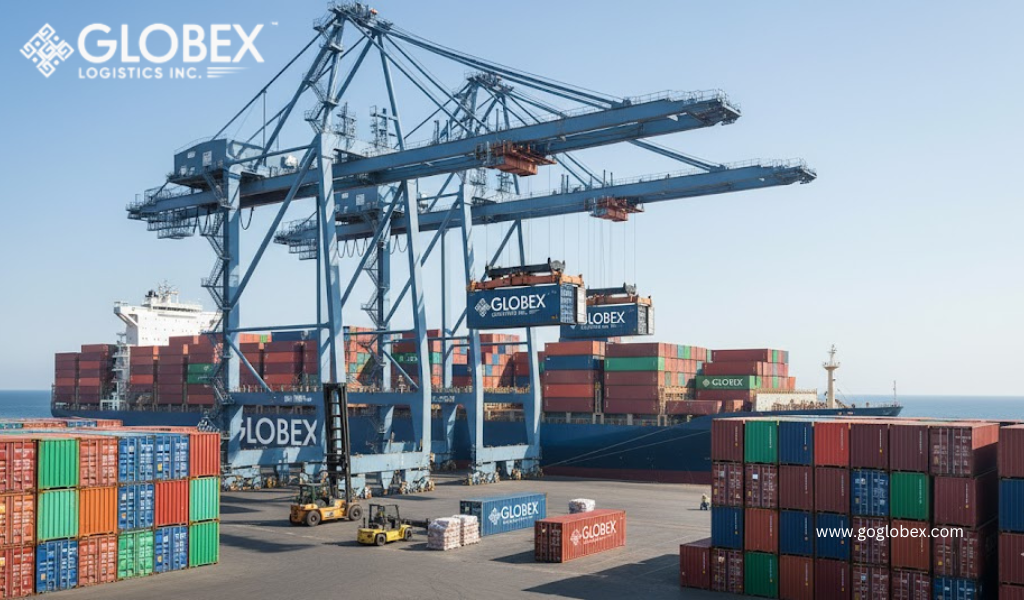
Ocean Freight Consolidation: Ship Smarter and Save More on Global Cargo Transport
In international trade, being competitive means being efficient and having control over your costs. Ocean freight consolidation is emerging as one of the best methods for brands to ship their goods internationally at the most reasonable costs. Whether you are an established exporter or an e-commerce company that is starting to grow, having a better grasp of what freight consolidation is and how it works would optimize your shipping process by lowering the cost while increasing the reliability of the shipments.
The job of Ocean Cargo Consolidation companies is to gather goods from different clients, sort them together, and send the container with various goods on board. This is a perfect option for businesses with smaller, more frequent shipments that do not fill a full container.
With international sea freight consolidation, you just pay for the space your goods take up. This type of shipping enables you to save a lot of money because you can share the container space with other exporters. A great way for small and medium businesses to compete with the world without spending a fortune.
2. Improved Efficiency
Consolidation simplifies your logistics. To eliminate oversize deliveries, your products are merged in 1 shipper with optimized schedulers rather than managing several modest shippers. This not only saves you time and reduces handling but also improves delivery predictability.
3. Reliable Global Coverage
Most ocean cargo consolidation companies work through large global networks, which means your cargo will go to even the most remote destinations. Consolidation brings flexibility and reliability no matter if you are shipping to Asia, Europe, or the Americas.
4. Lower Carbon Footprint
Not only is sharing container space cost-effective, but it is also low-impact and eco-friendly. By bringing down shipment numbers of half-full containers on the ocean, container sharing logistics helps businesses meet their sustainability goals without sacrificing efficiency.
A number of goods from different shippers are collected in a consolidation warehouse. These will be sorted, verified with documentation, and packaged together for shipping.
Step 2: Container Loading
The shipments are grouped together and packed in one container. This makes sure that it both optimizes space and keeps your cargo secure from damage while also being compliant with international shipping regulations.
Step 3: International Shipping
That full container is shipped to the port of destination. Once it arrives, the shipment is deconsolidated, where the goods from each shipper are separated and sent to each of their consignees.
Task 4: End Decrease
The final leg of the route to get your products to their ultimate destination is handled either by the freight forwarder or local logistics partners, where every effort is made to ensure that your products reach their destination securely and on time.
By leveraging modern freight platforms that provide end-to-end visibility across all stages of shipping, from pickup to delivery, companies can have the information they need at their fingertips to make timely, data-driven decisions and delight customers.
Also Read: Unlocking the Power of Ocean Freight in Global Trade
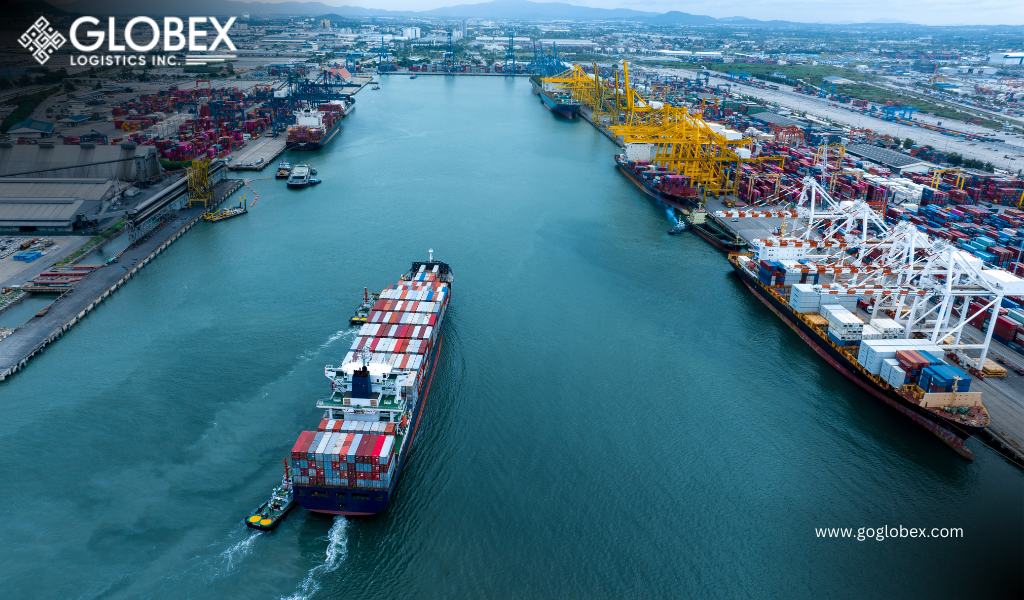
These technologies offer improved coordination, which allows shipping schedules and routes to be more closely aligned, which can lower delivery times and improve dependability.
No matter if it's making handcrafted products, electronics, or consumer goods export-ready, with consolidation, global trade becomes achievable and profitable—as long as you do not take on the same heavy investment of Full Container Load (FCL) shipping.
What is ocean freight consolidation?
In simpler terms, ocean freight consolidation is a logistics process that combines multiple small shipments from different shippers into a single full container load (FCL). This common shipping model is LCL shipping (less than container load), which gives businesses the convenience of using full-container transport benefits but not having to pay for unused space.The job of Ocean Cargo Consolidation companies is to gather goods from different clients, sort them together, and send the container with various goods on board. This is a perfect option for businesses with smaller, more frequent shipments that do not fill a full container.
Advantages of Sea Freight Consolidation
1. Reduced Shipping CostsWith international sea freight consolidation, you just pay for the space your goods take up. This type of shipping enables you to save a lot of money because you can share the container space with other exporters. A great way for small and medium businesses to compete with the world without spending a fortune.
2. Improved Efficiency
Consolidation simplifies your logistics. To eliminate oversize deliveries, your products are merged in 1 shipper with optimized schedulers rather than managing several modest shippers. This not only saves you time and reduces handling but also improves delivery predictability.
3. Reliable Global Coverage
Most ocean cargo consolidation companies work through large global networks, which means your cargo will go to even the most remote destinations. Consolidation brings flexibility and reliability no matter if you are shipping to Asia, Europe, or the Americas.
4. Lower Carbon Footprint
Not only is sharing container space cost-effective, but it is also low-impact and eco-friendly. By bringing down shipment numbers of half-full containers on the ocean, container sharing logistics helps businesses meet their sustainability goals without sacrificing efficiency.
How Ocean Freight Consolidation Works?
Step 1: Collection and Sorting of CargoA number of goods from different shippers are collected in a consolidation warehouse. These will be sorted, verified with documentation, and packaged together for shipping.
Step 2: Container Loading
The shipments are grouped together and packed in one container. This makes sure that it both optimizes space and keeps your cargo secure from damage while also being compliant with international shipping regulations.
Step 3: International Shipping
That full container is shipped to the port of destination. Once it arrives, the shipment is deconsolidated, where the goods from each shipper are separated and sent to each of their consignees.
Task 4: End Decrease
The final leg of the route to get your products to their ultimate destination is handled either by the freight forwarder or local logistics partners, where every effort is made to ensure that your products reach their destination securely and on time.
What makes businesses prefer ocean cargo consolidation companies?
It all boils down at times to how the freight is being shipped, and working with an optimal sea freight consolidation agent can do the trick for you. These companies provide:- Transparency of costs along with predictable pricing models
- Real-time tracking systems to track movement of cargo
- Detailed Documentation Management to Comply with Global Trade Law
- Shop Custom due to the measure and frequency of your shipment!
Technology's Role in International Sea Freight Consolidation Shipping
Digital logistics platforms have transformed international sea freight consolidation. Now, automated booking systems, AI-fueled route optimization, and real-time tracking tools help shippers save time and prevent costly delays.By leveraging modern freight platforms that provide end-to-end visibility across all stages of shipping, from pickup to delivery, companies can have the information they need at their fingertips to make timely, data-driven decisions and delight customers.
Also Read: Unlocking the Power of Ocean Freight in Global Trade

The Future of Smarter Shipping: Container Sharing Logistics
In other words, container sharing logistics are at the core of a flexible and sustainable shipping model in a world that prefers on-demand shipping these days. It enables businesses to share space that is dynamically optimized based on the size and destination of their cargo, which in turn maximizes load efficiencies while minimizing costs.These technologies offer improved coordination, which allows shipping schedules and routes to be more closely aligned, which can lower delivery times and improve dependability.
Affordable Ocean Freight Services for Small Enterprises
SMEs always have a cost as a viable parameter. In this case, consolidation can unlock access to global markets that the small business previously could not afford to reach by offering cheap ocean freight services.No matter if it's making handcrafted products, electronics, or consumer goods export-ready, with consolidation, global trade becomes achievable and profitable—as long as you do not take on the same heavy investment of Full Container Load (FCL) shipping.
Selecting the Best Partner for Your Ocean Freight Consolidation
This is what you should consider while choosing a logistics partner:- Experience & Reputation: Opt for firms that have been in international sea freight consolidation for a while.
- Global Network: They should have established carriers and relationships.
- Technologies integration: Choose providers that offer immediate visibility and automations.
- Customer Support—The responsiveness of the support is crucial to ensure the smooth running and timely resolution of any issues.
Final Thoughts
In a world where logistics efficiency defines business success, ocean freight consolidation stands out as a smart, sustainable, and affordable way to ship globally. Whether you’re an SME or an enterprise-level exporter, it’s time to ship smarter, save more, and grow faster with modern freight solutions.FAQs on Ocean Freight Consolidation
1. What are the benefits of using ocean freight consolidation for small businesses?
It helps reduce shipping costs, improves delivery efficiency, and ensures better space utilization in containers—ideal for businesses with smaller shipment volumes.2. How can I find reliable ocean cargo consolidation companies?
Look for logistics providers with global networks, transparent pricing, and real-time tracking tools. Customer reviews and professional accreditations are also good indicators.3. Is ocean freight consolidation environmentally friendly?
Yes, it’s a more sustainable shipping method since it maximizes container space, reducing the number of partially filled shipments and cutting down on carbon emissions.Recent posts
categories

